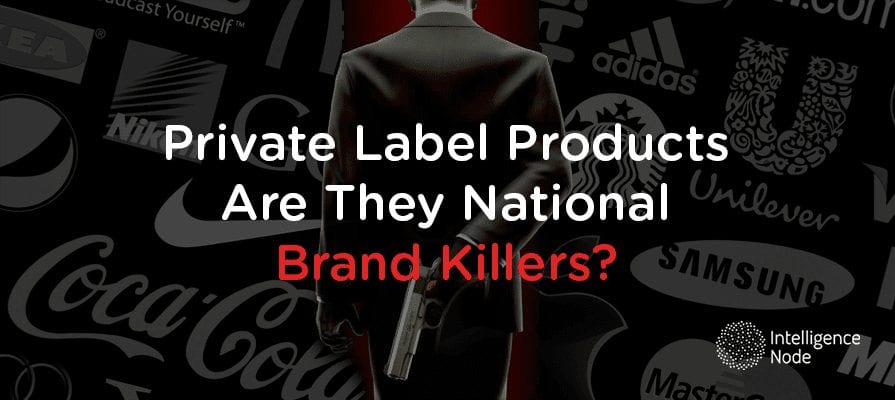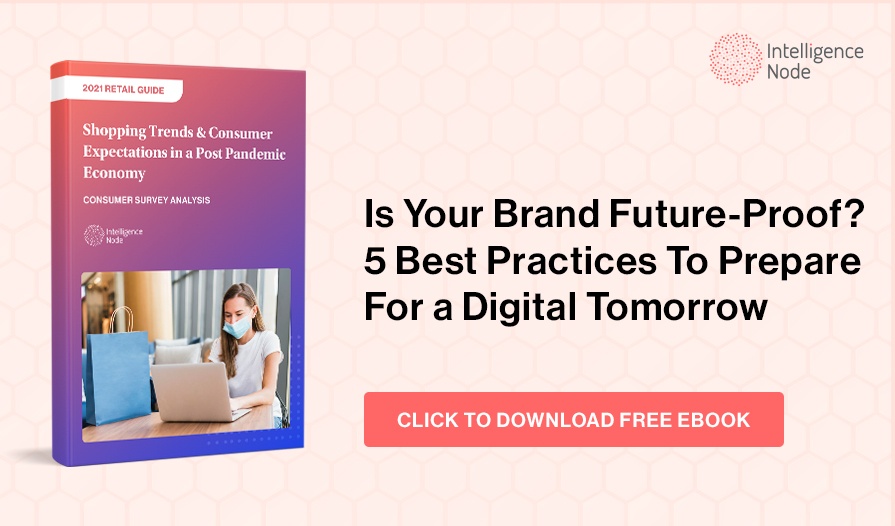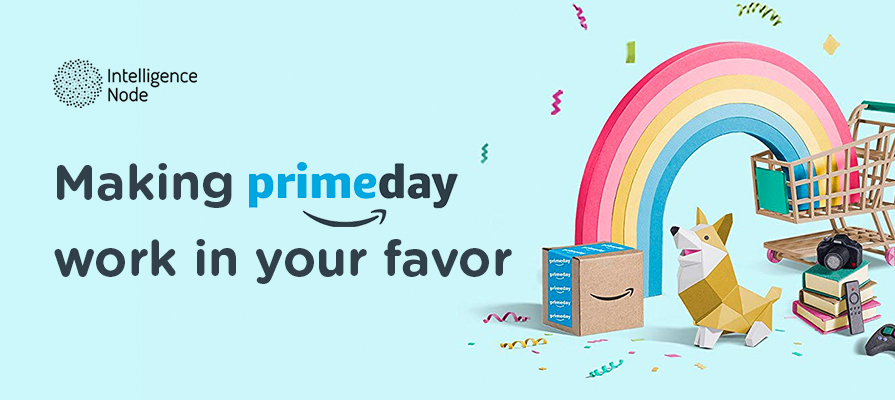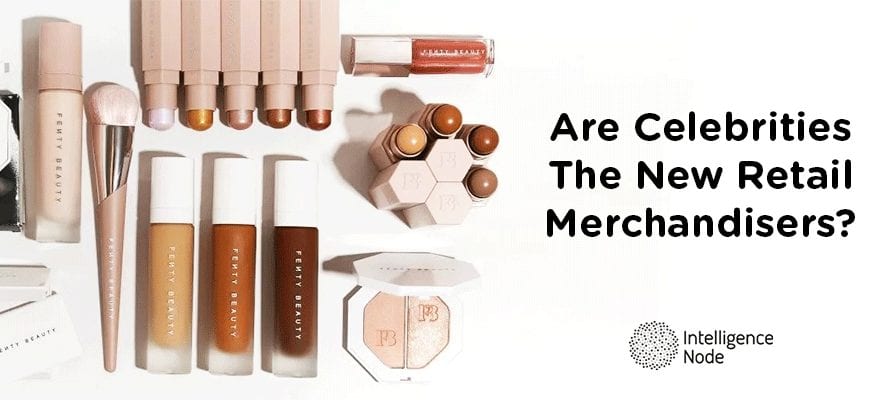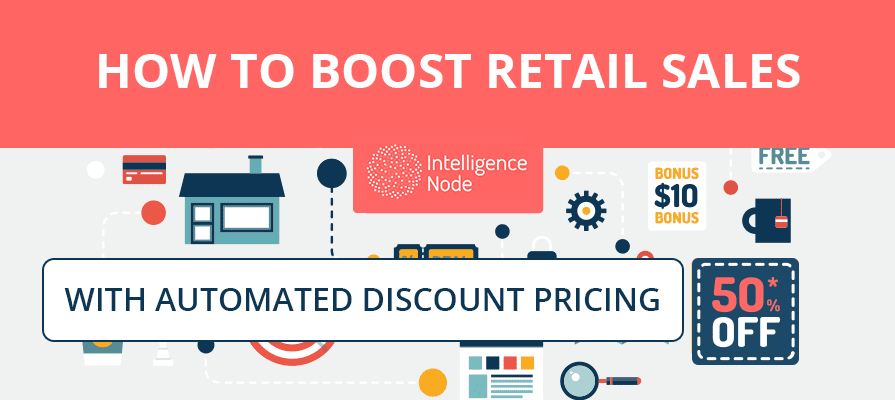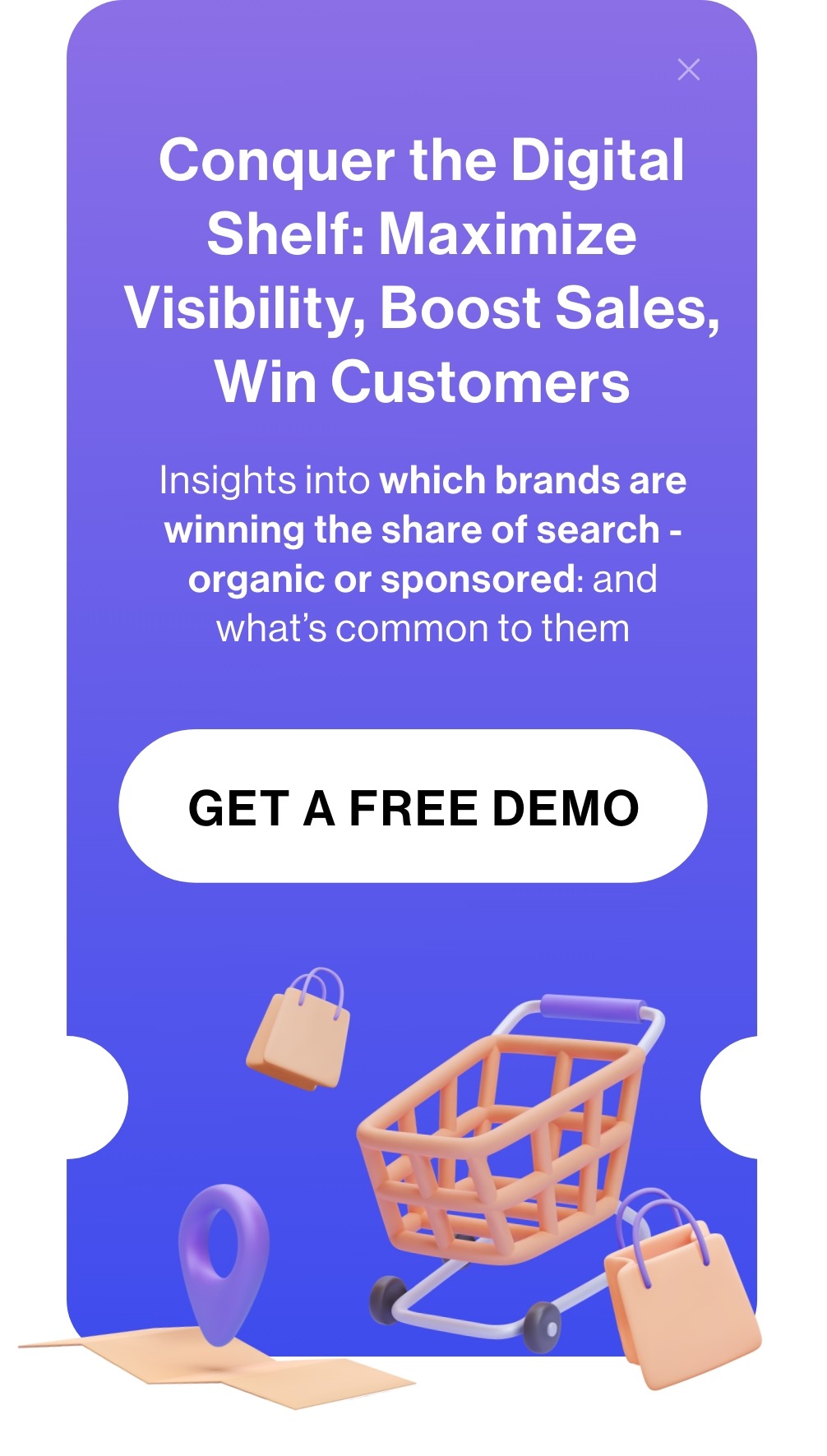There is a high chance that you’ve bought a private label product at least once in your life. It can be tomato sauce at the grocer, or it can be pills at your pharmacy—The fact is that people have become comfortable with private label products. Read on to know about private label definition.
What Is A Private Label?
Private label definition —A product that is sold by a third party manufacturer or a contractor, under the brand name of a retailer.
These products are commonly known as OEM (Other Equipment Manufacturer) products. These private label brands can help in boosting the margin of the retail store, and if it’s done the right way, it helps the store earn credibility from the customer’s trust.
Private Branding Examples
For those of you who are still asking yourselves ‘what is a private label’, you would understand it more clearly with the help of an private branding example. Target sells a lot of branded snacks that are manufactured by companies like Frito-Lay. They also sell their own brand of chips under the name of Archer Farms— Target’s own private label brand.
Great Value is an in-house brand of Walmart, that was launched in 1993. This is an international and a fully developed brand, though the products are not produced by Walmart themselves.
Another private branding example is Cott Corporation, that manufactures beverages for a large number of supermarket chains. There are many hair salons that create their own branded line of shampoos and other hair care products. Restaurants create their own spices and condiments brands, that have become popular with customers.
Growth In Store Brands And Private Label Brands
People choose private label brands over large brands because they are a lot cheaper. When it comes to the food and beverage sector, private brands are a massive segment. There was a research that was conducted in 2014 that showed 93% of the American woman who were surveyed, opted to buy private label brands in order to save money. Archer Farms(Target) and 365(Whole Foods) are some of the most well-known private label brands in this sector.
Even when you’re shopping for food, you could see for yourself that there are a lot of in store brands that are increasing in number across all the channels. There are many customers who feel that there are no differences at all between the quality of large brands and private label brands. However the growth of both brands depend upon the customer experience.
If these brands provide a satisfying customer experience, then people keep flocking to their stores. Though large brands are the dominant player in most of the categories, there are a lot of in-house brands that do better in sales than their branded counterpart.
Pricing In Store Brands And Private Label Brands
When it comes to private label pricing, it can be hard to find the right benchmark. The quality, product name, etc. can differ to a large extent when it comes to private label brands and national brands. Retailers have full pricing powers for private label brands, and so they are responsible for selecting the right kind of price for their products. Before pricing the products they should be aware of the overall cost, and they should have a clear idea on how the particular product price range is placed.
This is where the use of price optimization software is beneficial. The complex algorithm that price optimization softwares use, help retailers to know how shoppers behave according to the different product pricing strategies, in order to maximize their sales and profits.
There are many shoppers who are hyper aware about the best prices of products that they are about to shop. Online retailers need to keep up in order to attract these type of customers. The data provided by price optimization softwares can help retailers to make the necessary markdowns in order to beat their competitors deals. The pricing data also consists of information about the inventory, so that retailers can mark up their price if their rival’s inventory goes out of stock.
Advantages Of Private Labelling
There are many retailers who are interested in stacking up their shelves with products that have their own name on it. Following are the reasons why the intend to do so.
Production control: Third party manufacturers proceed work, based on the direction provided by the retailers. This allows them to have complete control over three things—quality, ingredients and the price.
Retailers have the control over pricing: Since retailers have complete control over the product, they can determine the cost and the right profitable price for the product.
Branding control: The retailer can choose the right kind of design and packaging for the product.
Profit controls: Since retailers have the capacity to control the cost and price of the product, they can deduce the profit levels their products can offer as well.
Adaptability: If there is a demand for a new product in the market, private label brands can immediately commence production, while it takes a longer time for larger companies. And so private label brands can easily adapt themselves to rising market demands for new features.
Customer Loyalty: If a customer likes your product, they keep coming back to your store. They would not think twice to try other products with your label on it. Loyalty is something that is rare in the retail world, with in house brands, you could bring a new wave of customers to your store!
Building Your Brand: With private label brands, you can build your own brand. If you choose the right category of products to sell them, you can have a breakthrough. If your product is loved by customers, you can also expand to different categories of products.
Disadvantages of Private Labelling
The disadvantages of starting a private label brands is few. You’re a safe player as long as you have the required financial resources to develop the product. Some of the main disadvantages include:
Depending on the manufacturer: The quality and production of your product simply lies in the hand of the third party manufacturer. That is why, it is important to partner with well-known and well established companies to produce your products. Or else, if there is any problem that your manufacturer is facing during production, you’re the one who’s going to be facing a lot of heat.
Limited customer access: Products of large brands can be found in almost all the stores. But when it comes to private labeling, it can only be found in your store. This can be of an advantage, because it makes customers return to your store often.
Co-op funding: When a retailer sells a national brand, he gets co-op funds in order to promote and market the product. With a private labeling, you do not have this benefit. You have to use your own money if you’re planning to promote your brand.
Store Brands and Private Label Brands: The Winner
Based on the number of approaches, methods and strategies, retailers achieve greater margins by offering the right product at the right price. Retailers should understand the customer’s demand for products when it comes to the brand and private label landscape.
Retailers are making themselves strong with the help of their in house brands. They are able to do so by connecting themselves with the shoppers, and winning their trust. Instead of treating private brands as an enemy, manufacturers of large brands should have a collaborative mindset, that allow retailers to sell both national and private brands effectively.
Both manufacturers and retailers can benefit from joint-promotions. If one group of shoppers prefer a national brand in a category, and another group of people prefer a private label product, then consider promoting both of them at the same time period.
Concluding, both national brands and private label brands are equally preferred by shoppers, as long as the quality remains high!
